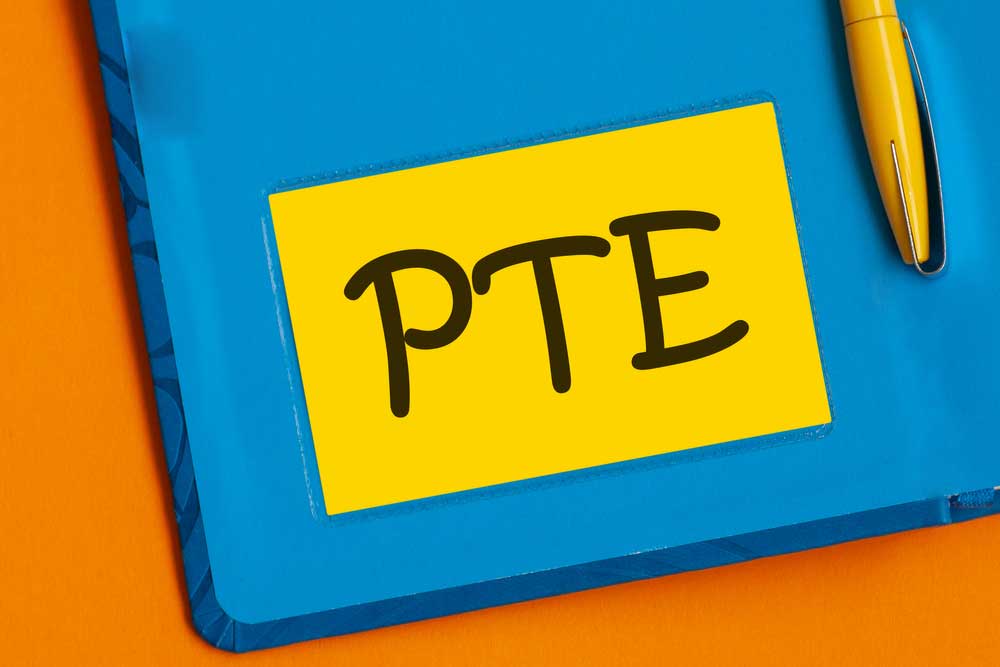GMAT Overview: Everything You Need to Know

Strong 8k brings an ultra-HD IPTV experience to your living room and your pocket.
The Graduate Management Admission Test (GMAT) is a standardized exam used by business schools worldwide to assess the qualifications of applicants for MBA programs. It is an essential part of the admissions process for many top-tier business schools, and it plays a key role in determining the eligibility of prospective students. The GMAT evaluates a range of skills necessary for success in graduate management education, and its results help schools predict a candidate's potential performance in an MBA or similar programs.
In this blog, we will explore the structure of the GMAT, its sections, preparation tips, and how to interpret your score.
What is the GMAT?
The GMAT is a computer-adaptive test (CAT) that assesses a candidate’s analytical writing, quantitative reasoning, verbal reasoning, and integrated reasoning skills. The test is designed to measure the abilities required to succeed in a graduate management program, including problem-solving, critical thinking, and effective communication. The exam is administered by the Graduate Management Admission Council (GMAC), and it is accepted by more than 2,300 business schools globally.
GMAT Structure
The GMAT consists of four main sections:
Analytical Writing Assessment (AWA): This section is designed to evaluate a candidate’s ability to think critically and communicate ideas effectively. It requires you to write an essay analyzing an argument. The essay is scored separately on a scale of 0-6.
Integrated Reasoning (IR): The IR section measures a candidate's ability to evaluate and synthesize data from different sources, such as tables, graphs, and multi-source reasoning questions. It includes 12 questions and is scored on a scale of 1-8.
Quantitative Reasoning: This section assesses a candidate’s ability to solve problems involving basic arithmetic, algebra, and geometry. It includes 31 questions, primarily multiple-choice, and is scored on a scale of 0-60. The questions test the ability to reason mathematically and interpret quantitative data.
Verbal Reasoning: The verbal section evaluates a candidate’s ability to understand and analyze written material, evaluate arguments, and correct written text. It consists of 36 multiple-choice questions, focusing on reading comprehension, critical reasoning, and sentence correction. The verbal section is also scored on a scale of 0-60.
Each section plays an integral role in the overall GMAT score, which ranges from 200 to 800. The final score is determined by your performance in the quantitative and verbal sections. The AWA and IR sections are scored separately and do not contribute to the overall score.
GMAT Scoring
The GMAT score is calculated based on your performance in the quantitative and verbal sections, with each section scoring between 0-60. The total score ranges from 200 to 800, and this score is what business schools typically use to assess your qualifications.
Quantitative Section (0-60): This measures your mathematical reasoning skills, and the score is influenced by both the number of correct answers and the difficulty level of the questions you answer correctly.
Verbal Section (0-60): This evaluates your reading comprehension, reasoning ability, and understanding of English grammar. The score is similarly based on the difficulty level of the questions answered correctly.
The AWA and IR sections are scored separately and are not factored into the 200-800 score, but they provide additional insight into your ability to think analytically and interpret complex data.
GMAT Preparation Tips
Preparing for the GMAT requires a clear strategy and consistent effort. Here are some helpful tips to get you started:
Understand the Test Format: Familiarize yourself with the structure of the test, including the timing and number of questions in each section. Knowing what to expect will help you manage your time more effectively on test day.
Set a Study Schedule: Allocate a sufficient amount of time for GMAT preparation, ideally three to six months, depending on your familiarity with the material. Consistent daily practice is key to improving your performance.
Use Official GMAT Study Materials: GMAC offers official study materials, including the GMAT Official Guide, practice exams, and online resources. These are invaluable for understanding the types of questions you’ll encounter and for gauging your progress.
Focus on Weak Areas: Take diagnostic tests to identify your weak areas and focus on improving them. Whether it's quantitative reasoning or verbal reasoning, allocating extra time to your weaker sections will boost your overall performance.
Take Practice Tests: Full-length practice tests will help you get accustomed to the test's timing and help build endurance. These also provide insight into your pacing and can highlight areas where you need further improvement.
Review Your Mistakes: Review the questions you get wrong to understand why you made mistakes. Whether it’s a lack of understanding or a time management issue, this can provide valuable insight into your test-taking strategies.
Why is the GMAT Important?
The GMAT is not just a test of academic ability but also a predictor of how well you’ll perform in a business school environment. Business schools value the GMAT because it provides an objective assessment of a candidate’s readiness for the challenges of graduate-level management education. A strong GMAT score can significantly enhance your application, especially if your undergraduate grades are not as strong or if you’re applying to highly competitive programs.
Moreover, many business schools use the GMAT as a tool for scholarship decisions, meaning a high score could make you eligible for merit-based scholarships or financial aid.
Conclusion
The GMAT is a challenging but necessary exam for anyone looking to pursue an MBA or similar graduate-level business degree. By understanding its structure, scoring, and preparing strategically, you can significantly improve your chances of achieving a strong score that will help you stand out in the competitive admissions process. Whether you're just starting your preparation or are fine-tuning your skills, remember that consistent effort, effective study strategies, and practice are the keys to success.
Note: IndiBlogHub features both user-submitted and editorial content. We do not verify third-party contributions. Read our Disclaimer and Privacy Policyfor details.







